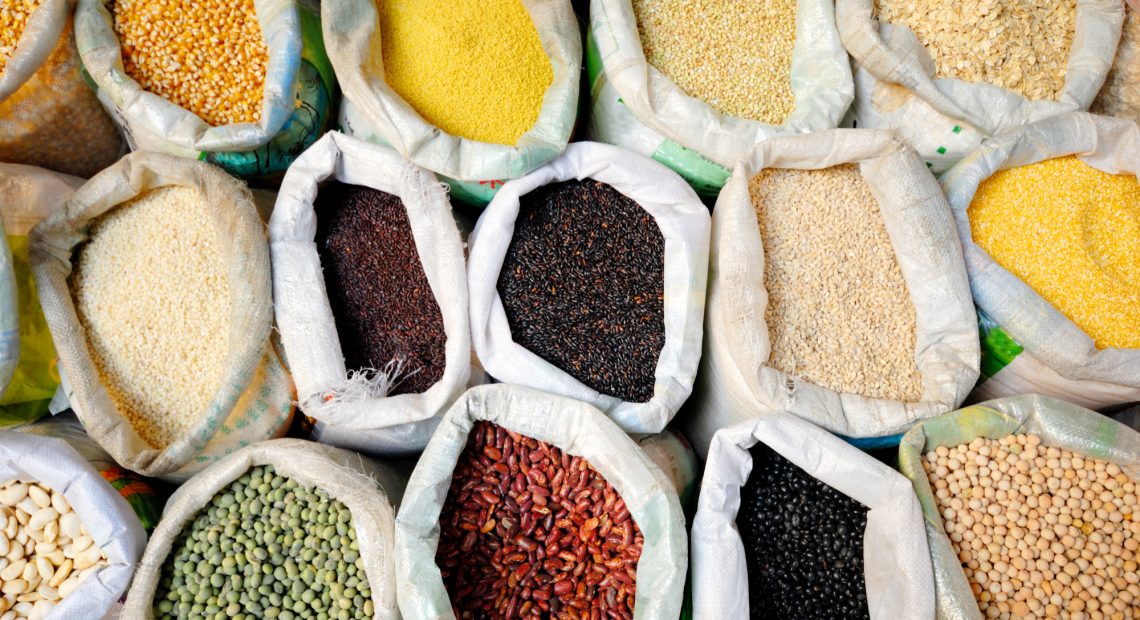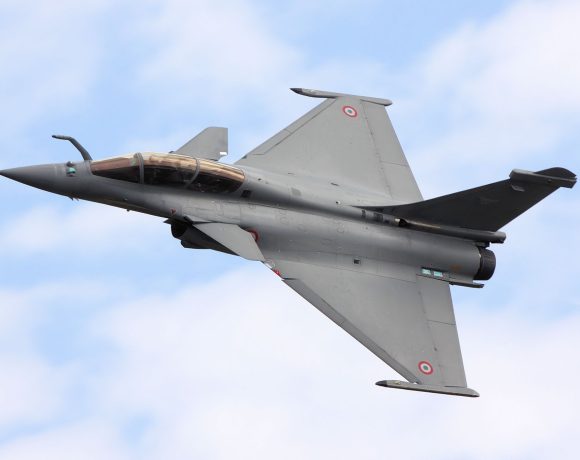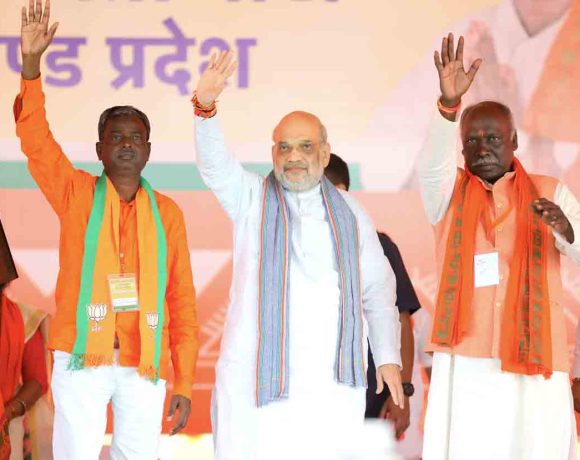
Heat-Resilient Pigeonpea Variety ICPV 25444 Unveiled
India has taken a major leap in agricultural innovation with the development of ICPV 25444, a pigeonpea variety that can endure extreme heat up to 45°C and matures within 125 days. Developed by scientists at a premier agricultural research institute, this is the first pigeonpea cultivar designed for rapid growth and high heat tolerance—ushering in a potential revolution in pulse cultivation.
Pigeonpea variety
ICPV 25444 was created through a specially designed speed-breeding protocol that drastically reduced the breeding timeline from the traditional 15 years to just five. This was achieved by growing 18,000 plants in tightly packed, high-efficiency plots under controlled conditions. Using advanced seed-chipping genomics, scientists were able to identify and isolate desirable traits much faster than with conventional methods.
This new variety is both photo-insensitive and thermo-insensitive, meaning it can be cultivated throughout the year regardless of light conditions or seasonal temperature changes. Such a feature is vital in adapting to India’s changing climate, where heatwaves and erratic weather have threatened agricultural productivity.
Heat-resilient crop
The performance of ICPV 25444 has already been validated across multiple states, including Telangana, Karnataka, and Odisha. Trials demonstrated that the crop maintained a stable yield of approximately 2 tonnes per hectare, even under punishing 45°C conditions. Farmers involved in the pilot projects reported no significant pest or disease infestations, and expressed optimism about its future potential.
One farmer shared, “ICPV 25444 is a boon … matures in four months. No disease and pests were observed … we will produce more next summer.”
Speed breeding innovation
Behind this achievement lies an innovative speed-breeding technique that has opened up new frontiers for legume cultivation in India. Breeders used compact planting methods and cutting-edge genomics to push through multiple generations in a year—significantly accelerating the pace of improvement.
This technique doesn’t just hold promise for pigeonpea alone. Experts believe that the same model could be adapted for other pulses, potentially making India self-reliant in pulse production and reducing the import burden, which currently stands at over $800 million annually.
In economic terms, the new variety could boost farmer incomes by ₹20,000 per hectare, particularly if adopted during the rabi and summer-fallow seasons across India’s vast agricultural belt.
With plans to expand this innovation globally through a trait-diversity panel, scientists believe ICPV 25444 will help nations in Asia, Africa, and South America build climate-resilient agriculture systems that can feed populations under stress.


















